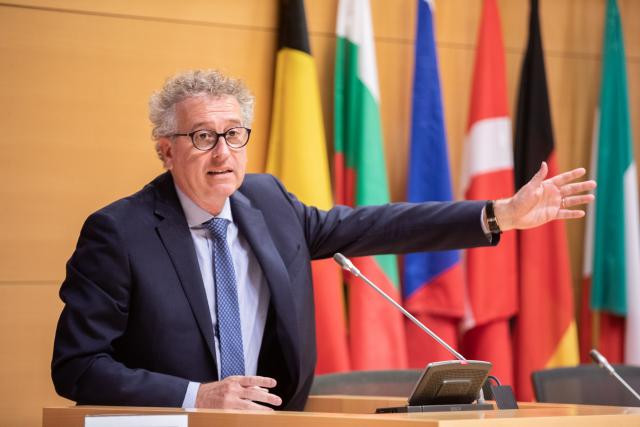If successful, the state would give back the €120m the energy firm was forced to pay in back taxes following the commission’s original decision, which found that Engie broke EU state aid rules.
In a press release published on Friday, the government wrote that the tax ruling with Engie did not break state aid rules because “Engie was taxed in accordance with the tax rules in force at the time, without benefiting from any selective treatment.”
“The purpose of the appeal procedure is therefore not to call into question the progress made in the fight against tax evasion, but to establish that the rules in force at the time were in conformity with EU law and to ensure predictability in tax matters,” Luxembourg finance minister Pierre Gramegna said in the statement.
The European competition commissioner Margrethe Vestager said in June that tax rulings issued by the Luxembourg authorities in 2008 and 2010 had artificially reduced Engie’s tax bill for a decade. The French electricity and gas supplier, formerly known as GDF Suez, had two structures in Luxembourg. Vestager said that both involved an “artificial financing arrangement” which did not reflect the economic reality.
Luxembourg was also ordered to recover €20-€30m from Fiat Finance and Trade in back taxes, a decision which it is appealing at the court of justice of the European Union.
Collectif Tax Justice Lëtzebuerg’s Magali Paulus told Delano in June that while the tax rulings “might be legal, for sure they are not legitimate,” adding that multinationals should contribute to society by paying taxes in the same way citizens do.
